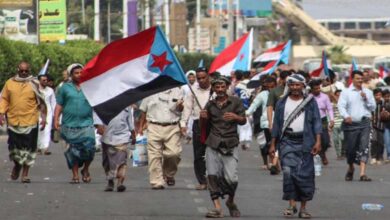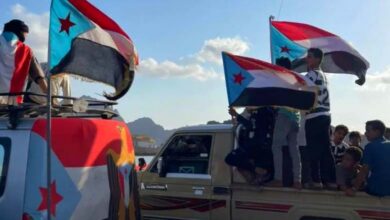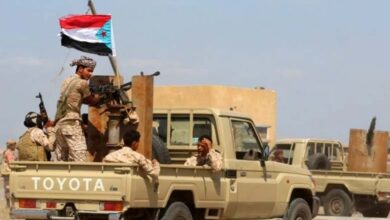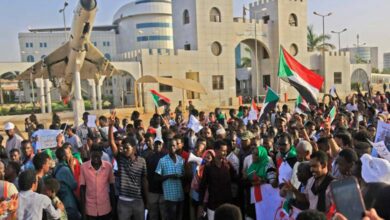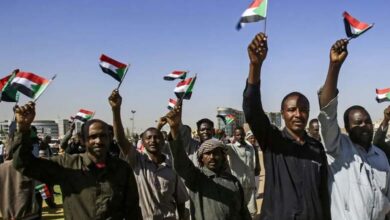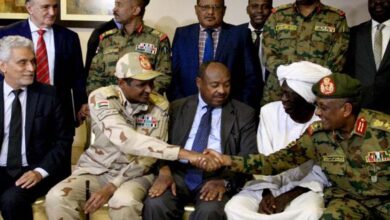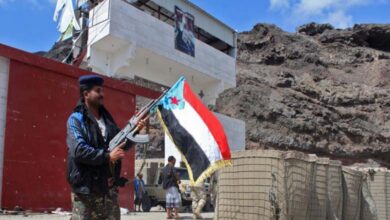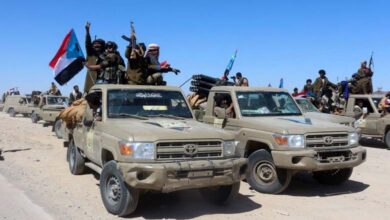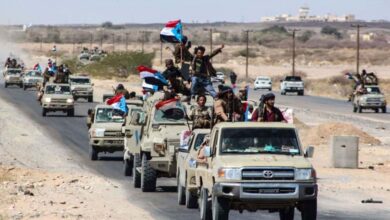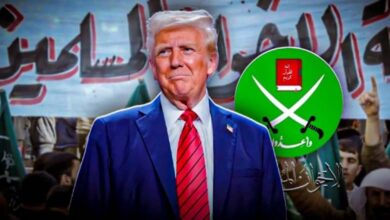Rapid Support Forces Reject Peace Initiative, Implies Support for Coup
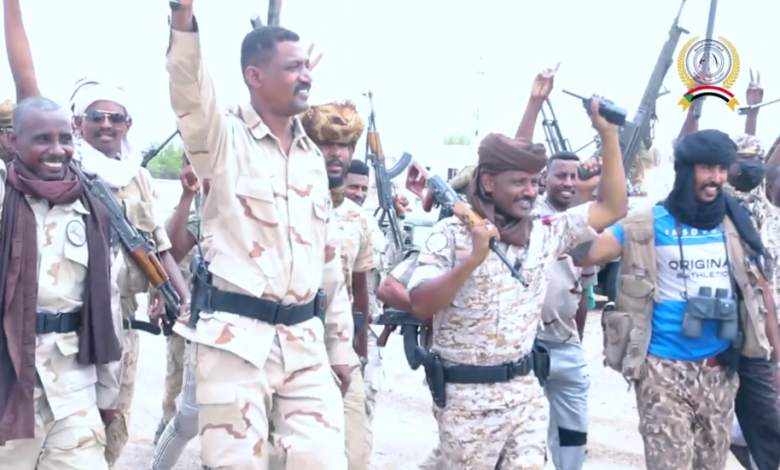
A member of the advisory office of the commander of the Rapid Support Forces clarifies the reason for the support’s leadership rejecting Malik Agar’s initiative, considering it contradictory in its content as it calls for rallying around the army.
The Rapid Support Forces, led by Mohamed Hamdan Dagalo, also known as ‘Hemeti,’ announced their rejection of the initiative unveiled by Malik Agar, the Deputy Head of the Transitional Sovereignty Council. They viewed it as a roadmap for ending the war, which the Sudanese government would present to the political forces. The Rapid Support Forces indicated that there are contradictions in the initiative, as it speaks of ending the war while simultaneously calling for rallying around the army.
Ahmed Abdeen, a member of the advisory office of the commander of the Rapid Support Forces, stated that the support forces do not recognize the legitimacy of the political position held by Malik Agar, who was appointed by the head of the Sovereignty Council, Abdul Fattah al-Burhan. This position was previously held by Major General Mohamed Hamdan Dagalo before al-Burhan’s decision to dismiss him.
He also denied the existence of a Sudanese government and argued that the initiative to end the war contradicts its call to rally around the army, which continues to shell the positions of the Rapid Support Forces and residential neighborhoods with artillery and airpower.
The Sudanese Sovereignty Council, led by al-Burhan, stated that it will discuss with the civilian forces the roadmap to end the war. Malik Agar outlined its broad outlines, emphasizing its aim to first separate the Rapid Support Forces from the warring army units and to work towards establishing the Sudanese state and supporting the humanitarian file.
ترحب قوات الدعم السريع، بانضمام القائد أبو عاقلة كيكل بكامل قواته وعتاده إلى صفوف الدعم السريع.
إننا إذ نرحب بانضمام القائد أبو عاقلة كيكل والأشاوس الأبطال في قوات درع السودان لقوات الدعم السريع؛ نؤكد أن هذه الخطوة تشكل إضافة عسكرية نوعية مهمة في هذا التوقيت الحاسم.
إن بلادنا… pic.twitter.com/lLBQnjKB55
— Rapid Support Forces – قوات الدعم السريع (@RSFSudan) August 7, 2023
The Rapid Support Forces insist on returning the army to its barracks and handing power to a civilian government. They accuse those loyal to the former regime and military personnel supported by the Muslim Brotherhood of controlling the army.
The Rapid Support Forces have repeatedly emphasized that remnants of the former regime and the National Congress Party (Islamic) led by the ousted President Omar al-Bashir are working to fuel the war and inflame tribal and ethnic tensions.
The Deputy Head of the Sudanese Sovereignty Council stated on Monday that the multiple external initiatives to end the crisis “have not led Sudan to the square of ending the war.” During a meeting with Sudanese church leaders, he added that efforts are being made to transform the war into a cause that unifies Sudanese consciousness and establishes a new state that Sudanese people can be proud of.
During the first meeting of the ministerial mechanism stemming from the “Cairo Summit for Sudan’s Neighboring Countries,” which was held on Monday in Chad, the Egyptian Foreign Minister Sameh Shoukry called on the conflicting parties in Sudan to achieve an “immediate ceasefire.” He highlighted the complete lack of clarity in the country’s political process. The Cairo Summit, hosted on July 13, was attended by Sudan’s neighboring countries to discuss the repercussions of the Sudanese crisis.
Since mid-April, the army and the Rapid Support Forces have been engaged in battles that a series of ceasefires have failed to stop. These confrontations have resulted in over 3,000 deaths, mostly civilians, and approximately 3 million internally displaced people and refugees inside and outside the country, according to the United Nations.
The army led by the head of the Sovereignty Council, Abdul Fattah al-Burhan, and the Rapid Support Forces led by Mohamed Hamdan Dagalo have exchanged accusations of responsibility for starting the fighting and committing violations during the successive ceasefires.
Clashes have resumed using various types of heavy and medium weapons in the old districts of Omdurman. Meanwhile, fighting has escalated between the army and the Rapid Support Forces since morning in the Abu Roaf district and in the city center.
The army has also intensified artillery shelling north of Omdurman, targeting various positions of the Rapid Support Forces, coinciding with mass displacement of residents from the city. Furthermore, the army used aerial bombing and artillery fire extensively on Tuesday morning targeting positions of the Rapid Support Forces in the Arkaweet, Riyadh, Firdous, and Ma’moura neighborhoods to the east of Khartoum. It increased shelling in the vicinity of the sports city and the camp grounds south of the capital, Khartoum.


